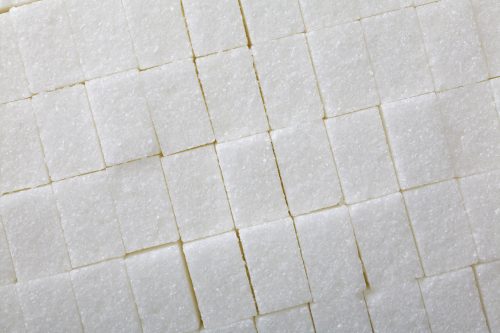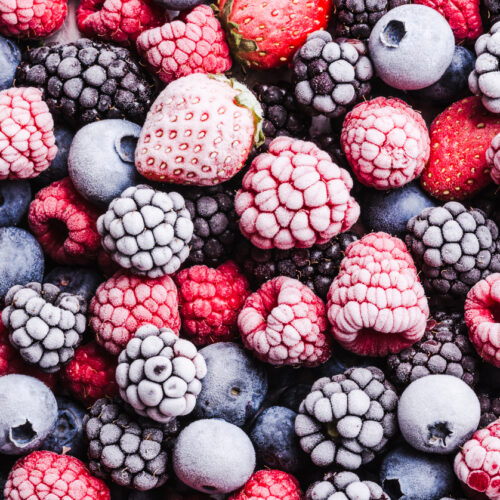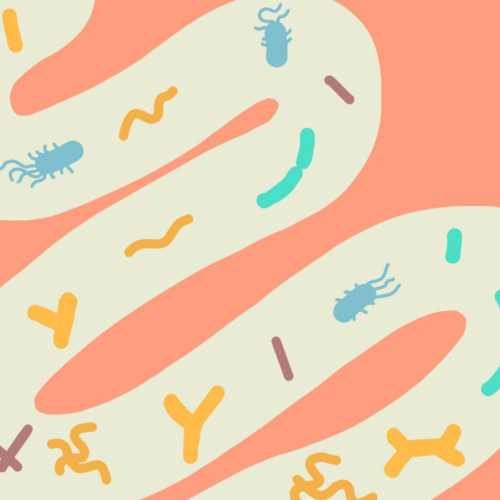
Q: "I have read some real horror stories on the internet about artificial sweeteners causing cancer. Is this true? Should I be worried? And how can I tell if each website is legitimate?"
Name not suppliedA: We asked Jeni Pearce, Chairperson of the New Zealand Nutrition Foundation. She responds:
"Many people have concerns about the safety of alternative sweeteners, typically after reading disturbing information online. Unfortunately, while the internet can be a valuable research tool for any topic under the sun, it is also difficult to separate fact from fiction.
Many myths about sweeteners persist from misunderstanding and rumour. Scientific data is regularly misquoted or the wrong interpretation made. It is common to find reports of outdated research when there is a large body of more recent information to contradict the early data.
Another warning sign is a reliance on testimonials. These are the fallback for those who can't even find enough obscure studies to back them up. It's like saying: "My next-door neighbour ate cabbage every day and she died of cancer, therefore cabbage causes cancer." Cause and effect gets all mixed up.
When surfing the net, look out for emotive WORDS IN CAPITALS and frequent use of exclamation marks!!!! These are a useful clue that you may have stumbled into someone's over-active imagination or the work of a conspiracy theorist.
Reports designed to alarm often deliberately use scientific words when common ones would do. For example, polysaccharides sounds much scarier than starch; and ascorbic acid is just the technical term for vitamin C.
When researching a health or nutrition topic it is advisable to start with reputable websites (such as government agencies) and use their links to other websites. But beware the spin doctor. Some political parties use emotive issues like artificial sweeteners to get attention and make deliberately alarming statements in press releases. This is a good way to get a newspaper headline, but not so great at informing us about an issue, as too often the scientific evidence is incorrectly interpreted or just ignored altogether. And all we remember is the scary headline."
www.healthyfood.com











